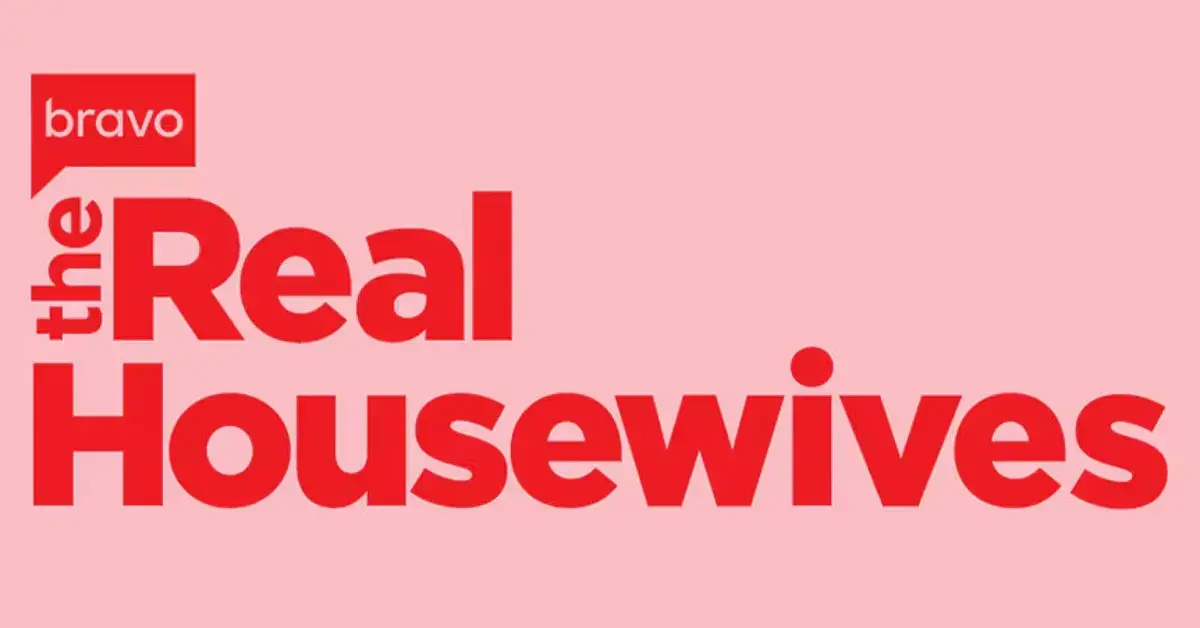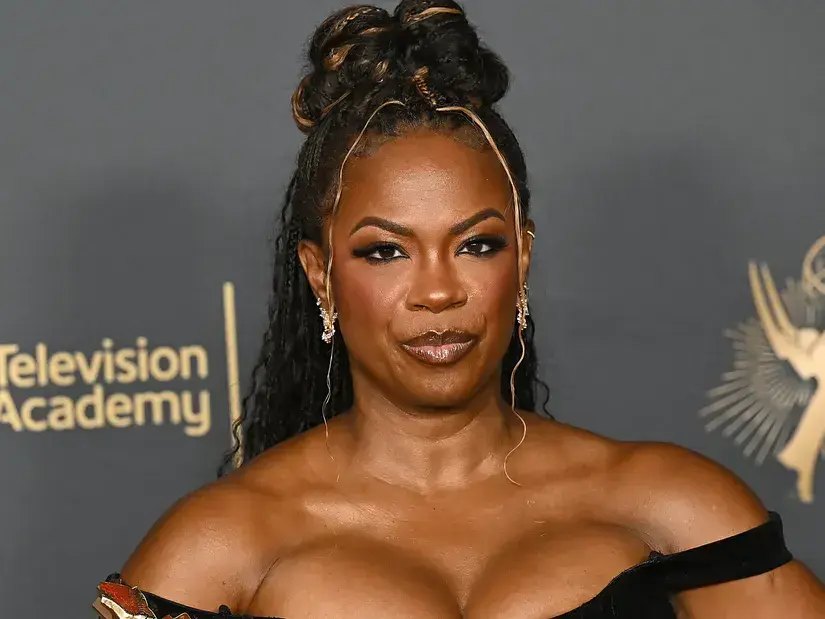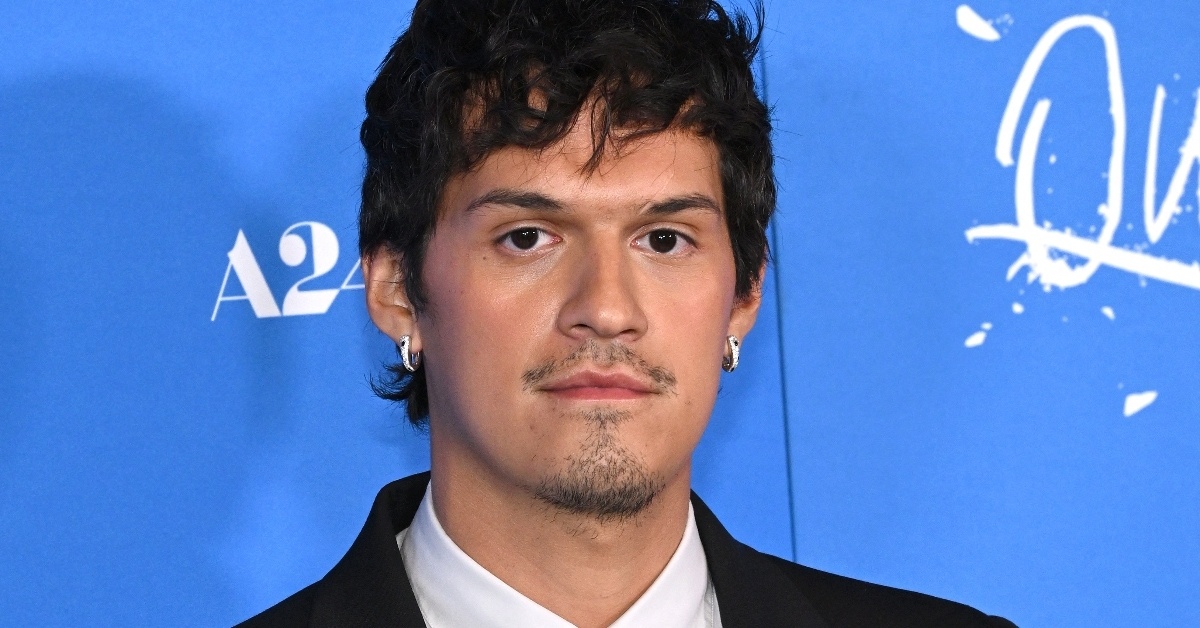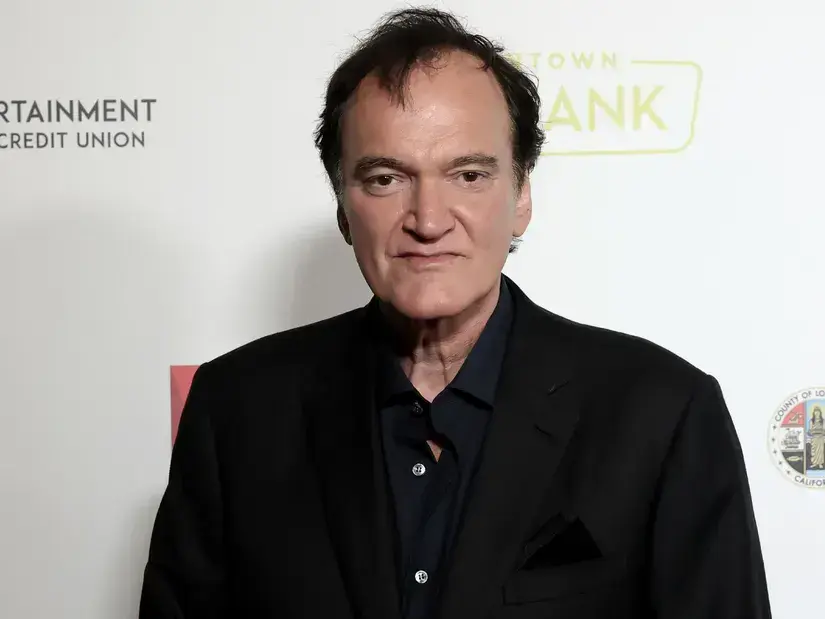BY: Denver Sean
Published 9 years ago
Howard University has announced the opening of a new campus on the west coast today at the GooglePlex HQ in Mountain View, Calif.
The goal of the campus is to help increase diversity in the technology industry.
via SF Chronicle:
The campus, called Howard West, will launch this summer in partnership with Howard University of Washington, D.C. About 25 to 30 rising Howard juniors and seniors majoring in computer science will qualify for the program’s first 12-week program, which will be taught by senior Google engineers and Howard faculty.
“Howard West will continue Howard’s tradition of providing historically unprecedented access to opportunity, only now with a 21st century twist: Literal real estate at the center of the digital economy,” Bonita Stewart, Google’s vice president of global partnerships, said in a statement.
Experts believe the partnership is the first of its kind within the tech industry.
“At face value, it seems like Google is invested in this,” said Jane Stout, an official with the Computing Research Association, a Washington group that studies diversity issues in tech.
Google is “putting their money where their mouth is. They are trying something that is pretty revolutionary,” Stout said.
The program will take place at existing Google buildings. Students will not need to pay extra tuition to attend Howard West and will be given a stipend and support for housing, provided by Howard, which is well aware of the sky-high rental prices in Silicon Valley.
The intention is for Howard West to be open to students at other historically black universities and colleges starting in the summer of 2018.
Howard declined to disclose its investment in the program. Google said that it is not paying Howard and that Howard is not paying Google for the new campus. Google said its only costs are physical space and the time of its employees who will serve as teachers, though it declined to disclose how much those expenses amounted to.
Last May, 18 Howard students graduated in computer science, and the university expects 25 to 30 to graduate in the field this May, according to Howard spokeswoman Crystal Brown.
The new campus represents an acknowledgment of the disconnect between the percentage of African Americans graduating with bachelor’s degrees in computer science and engineering and the demographics at leading tech companies like Google, Facebook and Twitter.
In 2015, about 5 percent of people graduating with bachelor’s degrees in computer science, computer engineering and information were black, according to a survey conducted by the Computing Research Association.
In 2016, black employees at Google’s U.S. office represented just 2 percent of overall staff. The company’s technical staff — which includes software engineering — was just 1 percent black.
Blacks represented 13 percent of the U.S. population in 2015, according to census data.
Some analysts said part of the issue is that the hiring process at tech companies often favors candidates who have extracurricular activities like winning hackathons, outside of a student’s academic classes. For those who are less affluent and must work their way through college, participating in outside activities can be tough. Black and Latino communities are disproportionately likely to be poor compared with Asian and white populations, which are generally more represented in tech. And because they are less represented in the tech workforce, aspiring engineers who are Latino or black would be less likely to know someone in the industry, analysts said.
“You just have to rely on your own personal network and if your personal network is not in that world, it’s hard to know what to do,” Stout said.
Howard West is an extension of Google’s outreach efforts to black engineering students. In 2013, Google launched its Googler in Residence program, letting its employees teach classes at Howard. It later expanded the effort to nine other historically black colleges and universities. The goal was to help provide students with the skills they need to succeed in the workforce and better prepare them for applying for Silicon Valley jobs.
Hallie Lomax, who dropped out of Howard and is now a software engineer at online lender LendUp in San Francisco, said the first Google employee she got to know was her teacher in the program. The teacher encouraged her to attend hackathons outside of class and in 2014, Lomax interned at Google.
“It was a pretty positive experience overall,” Lomax said of the program.
Google’s Stewart said the tech giant is focused on the long game on building a “pipeline of industry-ready technologists.” She said part of the goal of Howard West is to “demystify” Silicon Valley culture for students and show them that working for the tech industry is an option.
“We believe that if we have access to the students and the students have access to us, then it’s going to be mutually beneficial,” she said. “We will get greater creativity and inclusion.”
Google declined to disclose how many Howard students it has hired full-time or as interns.
In addition to valuing diversity as a way to reflect the communities they serve, tech companies also need a diverse workforce to come up with helpful new products — and avoid mistakes.
Google and Yahoo were criticized for their photo-categorizing software in 2015, when black people in photos were labeled as gorillas or apes. Some analysts blamed the companies for not feeding their program more images of black people and not having enough black staffers who could have flagged the problem earlier.
Yahoo, like Google, reports that blacks represented just 1 percent of the technical staff at Yahoo’s U.S. offices in 2016.
Howard’s president, Dr. Wayne Frederick, said he hopes the new environment will encourage students to be less risk-averse.
“We talk to them so much about getting into college, finishing, going to work somewhere,” Frederick said. “One of the narratives we have to change is how do you own stuff, how do you (become) the CEO … we have to expose our students to something different.”
But some black engineers, including Lomax, says part of the problem with the lack of diversity at tech companies is the culture of Silicon Valley. People of color sometimes feel they have to change their behavior or looks in order to fit in.
“You have a lot of people where their decision to hire or fire someone is a lot of times based on how willing you are to be someone’s friend,” Lomax said. “If someone feels like you don’t fit in with them, they are more likely to associate that with a lack of ability.”
Google has launched other programs to combat some of these issues, including unconscious-bias training for its employees. It is also training faculty from historically black universities and colleges at Google. Other tech companies have used recruiting methods or tools that hide an applicant’s gender or race at the beginning of the application process.
Frederick said he’s not concerned about Howard students in Mountain View being tempted to drop out to join tech companies, given the close proximity to startups and venture capital firms.
“That is a good risk, especially if they create another Google (and) as long as they write me a check as a philanthropic alum,” he joked.
What an awesome initiative!











